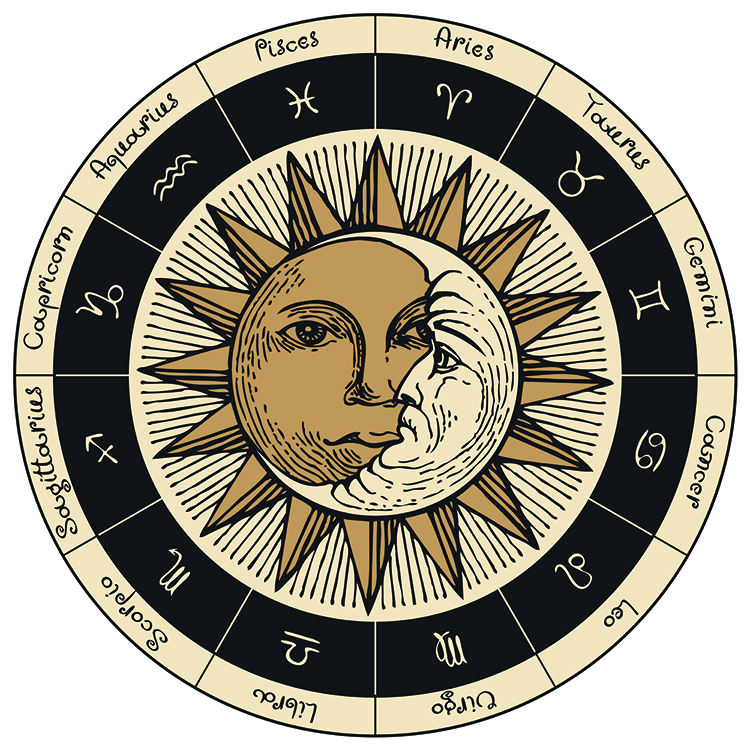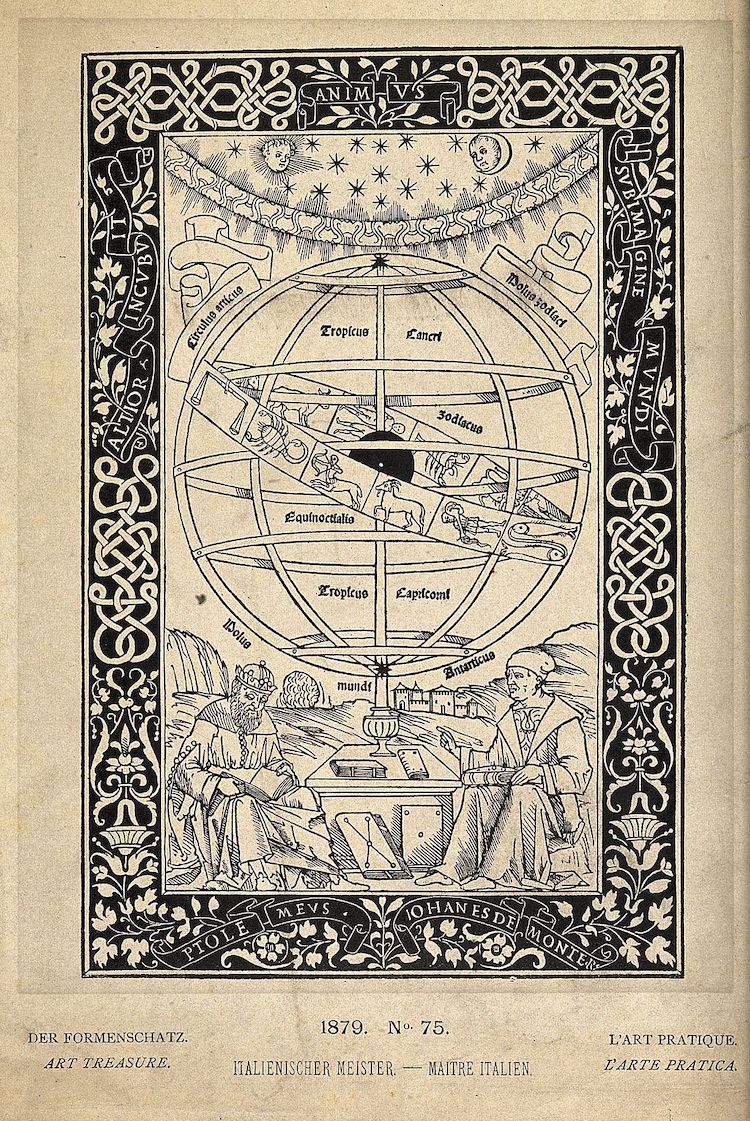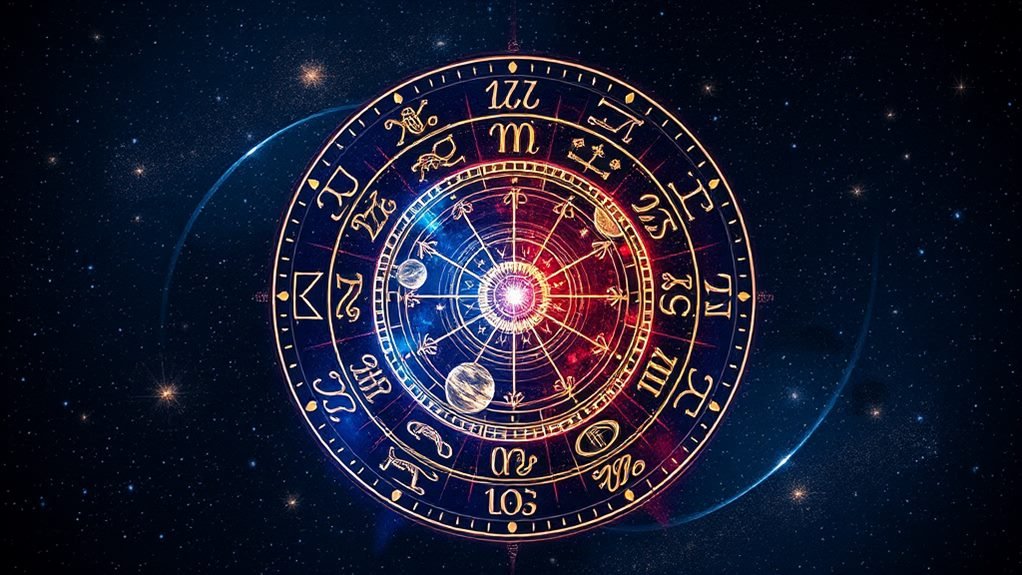The Ancient Origins of Astrology
Embarking on a journey through the captivating history of astrology reveals its ancient origins and profound impact on human civilization. From the mysterious beginnings in Mesopotamia and Ancient Egypt, where celestial movements were used to predict events and understand human behavior, astrology has evolved and adapted through the centuries.
From the Middle Ages, where it was revered as a powerful tool for understanding the world and predicting the future, to its modern revival in the digital age, astrology continues to captivate and inspire individuals seeking insight and guidance. By exploring the rich tapestry of astrology's past, we can gain a deeper understanding of ourselves and our place in the universe. So, let the ancient wisdom of astrology guide you on a journey of self-discovery.
Ancient Beginnings
Mesopotamian Astrology
Astrology has a rich and ancient history that dates back thousands of years. One of the earliest civilizations to develop astrological systems was Mesopotamia, present-day Iraq. Mesopotamian astrology was based on the observation of celestial bodies and their effects. They believed that the stars and planets had a significant influence on human life and destiny.
The Babylonians, who lived in Mesopotamia, were pioneers in the field of astrology. They created the zodiac signs that are still used today and developed the practice of casting horoscopes based on birth charts. The Babylonians used mathematical calculations to make predictions and gain insights into personality traits and destinies. Astrology played a crucial role in their daily lives, and astrologers were seen as influential figures who provided advice on agriculture and political decisions.
Egyptian Astrology
Ancient Egypt also had a deep connection with the stars and celestial bodies. Egyptians associated celestial phenomena with spiritual significance, deities, and the afterlife. They believed that gods and goddesses controlled various aspects of life, such as love, fertility, and war, and these heavenly beings were linked to specific constellations.
By tracking the movements of these celestial entities, Egyptians sought guidance from their gods and tried to understand their messages. The Egyptians believed that the stars held the secrets to the mysteries of life. They incorporated astrology into their religious practices and used it to make predictions and gain insight into their destinies.
Greek and Indian Astrology
Greek and Indian civilizations also made significant contributions to astrology. The Greeks named constellations after mythical figures and created stories to understand themselves and their place in the universe. For example, the constellation Orion represents the brave hunter. These myths and stories gave people a framework to comprehend themselves and their relationship with the cosmos.
Indian astrology, also known as Vedic astrology, emphasizes the concept of karma and the belief that our actions in past lives shape our current circumstances. Indian astrologers use birth charts to gain insights into an individual's personality, tendencies, and life path. Indian astrology also incorporates elements of Hinduism and its belief in reincarnation and the influence of planetary energies on human life.

This image is property of i.pinimg.com.
Astrology in the Middle Ages
The Role of Astrology
During the Middle Ages, astrology played a central role in society. People saw it as a powerful tool for understanding the mysterious world around them and predicting the future. Astrologers, referred to as "mathematicians" during this time, were highly respected and sought after for their knowledge of celestial patterns and their impact on fate.
The Connection to Religion
Astrology in the Middle Ages was closely linked to religion. The Church saw astrology as a way to better understand God's plan for humanity. It was used to determine auspicious times for important events, such as marriages, coronations, and battles. Kings and nobles relied on astrological advice before making crucial decisions.
Interest in ancient texts from Greece and Rome also increased astrology's popularity during the Middle Ages. Scholars studied the works of great astrologers like Ptolemy and applied this knowledge to their own lives. Astrology provided a framework for understanding the world and one's place in it, connecting the spiritual and the physical realms.
Astrology and Medicine
Astrology was not only used for predicting the future and understanding the cosmos but also had a connection to medicine. Medical astrology, a concept popular during the Middle Ages, associated different parts of the human body with celestial bodies. This belief system meant that astrologers would use astrology to determine the best times for medical treatments or the use of herbal remedies.
Astrology was seen as a way to align the body with the natural rhythms of the cosmos, promoting physical and spiritual well-being. The belief in the connection between celestial bodies and the human body influenced medical practices in the Middle Ages.

This image is property of mymodernmet.com.
Astrology's Modern Revival
The Digital Age and Social Media
Astrology has experienced a modern revival in recent years, thanks to the digital age and the widespread use of social media. Platforms like Instagram, Twitter, and YouTube have made astrology easily accessible to a broader audience. People can now follow astrologers, read daily horoscopes, and connect with like-minded individuals interested in astrology.
Social media has also helped create a sense of community among astrology enthusiasts. People can share their experiences, insights, and questions, creating a space for open discussion and exploration of astrology's teachings. This democratization of astrology has led to its widespread popularity and acceptance in contemporary society.
Technological Advancements
Technology has also played a role in astrology's modern revival. Websites and mobile applications now offer personalized birth charts and horoscopes, providing individuals with customized astrological insights. Astrology software and online databases have made it easier for both professionals and enthusiasts to calculate and interpret astrological charts.
Advancements in technology have also allowed for more accurate astronomical calculations and precise predictions. The use of computers and sophisticated algorithms has improved the accuracy and efficiency of astrological calculations, making astrology more accessible and reliable to a wider audience.
Astrology in Different Industries
Astrology's growing popularity has extended beyond personal interest and entertainment. Different industries now incorporate astrology into their practices. Companies consult astrologers for strategic decision-making, market analysis, and employee management. Astrological insights provide unique perspectives and alternative approaches that can enhance business strategies and outcomes.
Celebrities and public figures have also turned to astrology for guidance in their careers and personal lives. They seek astrological advice to make informed decisions and navigate the complexities of fame and public perception. Astrology's role in various industries showcases its relevance and impact in contemporary society.

This image is property of mymodernmet.com.
Conclusion: Understanding Astrology's Journey Throughout History
Astrology's long and captivating history spans civilizations and cultures. From its ancient beginnings in Mesopotamia, Egypt, Greece, and India, to its prominence in the Middle Ages and modern revival in the digital age, astrology has continuously fascinated and inspired humans.
Throughout history, astrology has provided a framework for understanding the world, our place in it, and the connection between celestial phenomena and human existence. It has been a source of guidance, insight, and comfort for individuals seeking answers to life's mysteries.
While astrology is not considered a science by modern standards, its enduring appeal lies in its capacity to provide meaning, self-reflection, and connection. Whether through adaptation to different cultures, psychological exploration of personality traits, symbolism that speaks to our subconscious, or the comfort of ancient traditions, astrology has stayed relevant and meaningful through time.
By exploring astrology's journey throughout history, we gain a deeper understanding of ourselves, our beliefs, and the human quest for knowledge and connection to the cosmos. Let astrology's ancient wisdom guide you in your own journey of self-discovery and exploration.
🔴 Need Clarity on your Situation?




